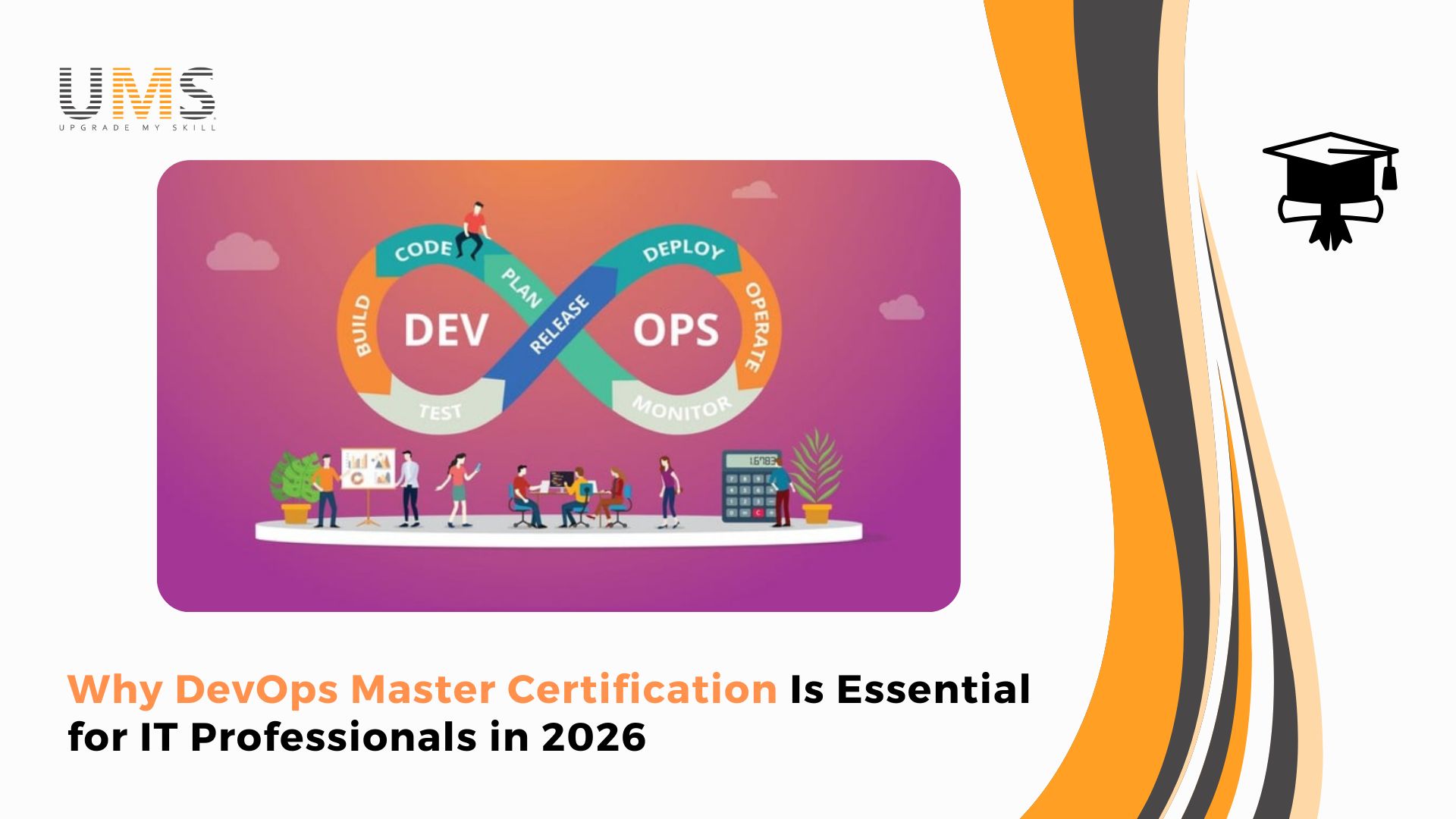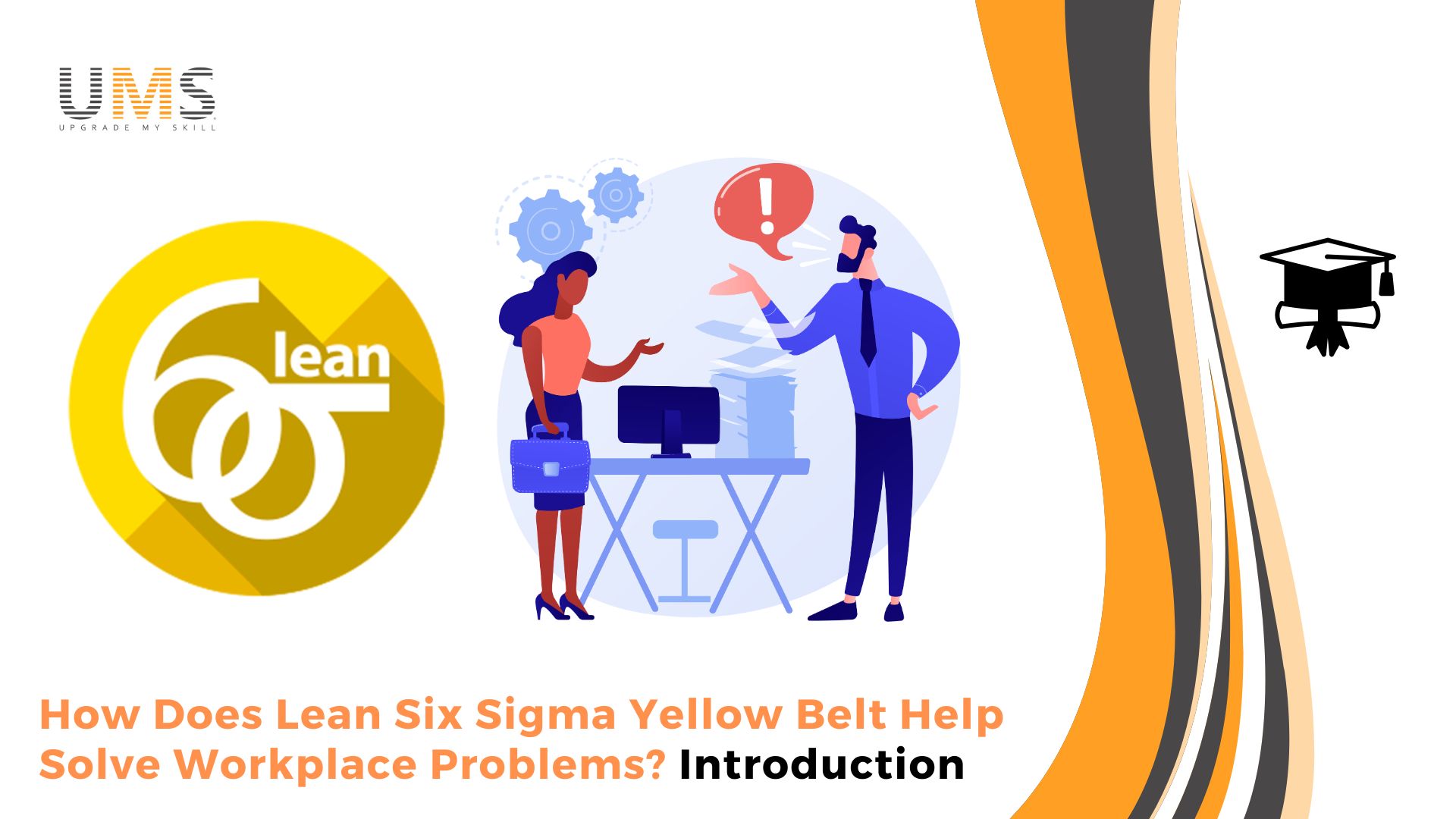- Posted By Admin
- Nov 17, 2025

DevOps has become one of the most in-demand skillsets in the IT industry, helping organizations streamline development, operations, and deployment processes. As more companies shift to automation and cloud-driven environments, DevOps Professionals are becoming essential for ensuring faster delivery, better collaboration, and continuous improvement. But one of the most common questions asked by beginners is: Do I need technical experience before learning DevOps?
The answer isn’t as rigid as many assume. While DevOps includes many technical components, it’s also rooted in collaboration, mindset, and process improvement. This article explains everything you need to know before beginning your DevOps journey, including whether technical experience is required, what skills you’ll develop, and how non-technical professionals can transition into DevOps successfully.
The simple answer is no-you don’t need prior technical experience to begin learning DevOps. Anyone with a willingness to learn and adapt can start. Many professionals from non-technical backgrounds, such as project management, quality assurance, or even business analysis, successfully transition into DevOps roles. While having some understanding of IT systems helps, it’s not a strict requirement. DevOps learning paths today are designed to start with the basics, allowing beginners to gradually develop both technical and operational skills.
The simple answer is no—you do not need prior technical experience to begin learning DevOps. Many DevOps engineers today come from non-technical fields such as project management, quality assurance, customer support, and business analysis. DevOps learning pathways start from the basics, allowing beginners to gradually build technical, operational, and analytical skills.
Having some IT awareness helps, but it is not a strict requirement. DevOps is structured in a way that enables beginners to learn progressively, step by step.
Although not mandatory, foundational technical knowledge can make your DevOps learning journey smoother. Understanding topics like operating systems (especially Linux), networking basics, and cloud concepts can help you quickly grasp how DevOps tools and automation pipelines function.
Think of technical knowledge as a toolbox—the more tools you collect, the easier and faster you can build. But you can always add these tools along the way.
DevOps is as much about mindset as it is about technology. It promotes continuous learning, collaboration, and improvement. Even if you lack technical skills initially, having problem-solving ability, curiosity, and a collaborative attitude can make you a great fit for DevOps. Many organizations value professionals who understand teamwork and can manage communication between developers and operations just as much as they value coding skills.
Professionals from non-technical fields can smoothly transition into DevOps by following a structured learning path. Start with the basics:
With practical labs, online courses, and guided training programs, even beginners can develop the technical skills needed for DevOps roles.
DevOps training helps you build a powerful combination of technical and soft skills. Key skills include:
This blend of skills makes DevOps professionals highly valuable and adaptable in modern IT environments.
DevOps relies on a range of tools that automate software delivery processes. Some of the most widely used tools include:
Most of these tools are taught from scratch in beginner-friendly certification programs, so you don’t need prior knowledge.
The demand for DevOps professionals is growing rapidly as companies adopt cloud-first and automation-driven strategies. DevOps engineers are among the highest-paid professionals in the IT industry.
Organizations increasingly rely on DevOps to improve scalability, reliability, and speed, making it one of the most future-proof career paths for both beginners and experienced IT professionals.
While self-learning is beneficial, structured DevOps training accelerates your progress. Professional courses offer:
Training ensures you build confidence, gain practical exposure, and avoid missing fundamental concepts.
You do not need technical experience to begin learning DevOps. What truly matters is your curiosity, willingness to learn, and dedication to continuous improvement. DevOps is accessible to freshers, working professionals, and people switching careers.
With time and consistent practice, you'll develop the technical and operational expertise needed to manage complex automation pipelines and cloud-based deployments.
If you're ready to begin your DevOps journey, Upgrade My Skill offers comprehensive training designed for beginners and professionals alike. Our expert-led DevOps Certification Training covers the fundamentals, tools, hands-on projects, and best practices you need to transition confidently into a DevOps role. Start your learning journey today and accelerate your IT career with Upgrade My Skill.

DevOps Master Certification equips IT professionals with advanced automation, cloud, CI/CD, DevSecOps, and leadership skills...

Lean Six Sigma Yellow Belt equips professionals with essential tools to solve workplace problems, eliminate waste, analyze r...

PMP Certification strengthens your project management skills, enhances leadership, improves risk handling, and expands globa...